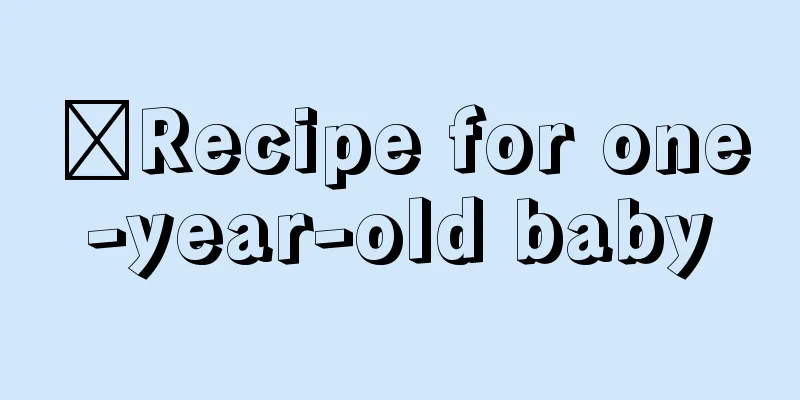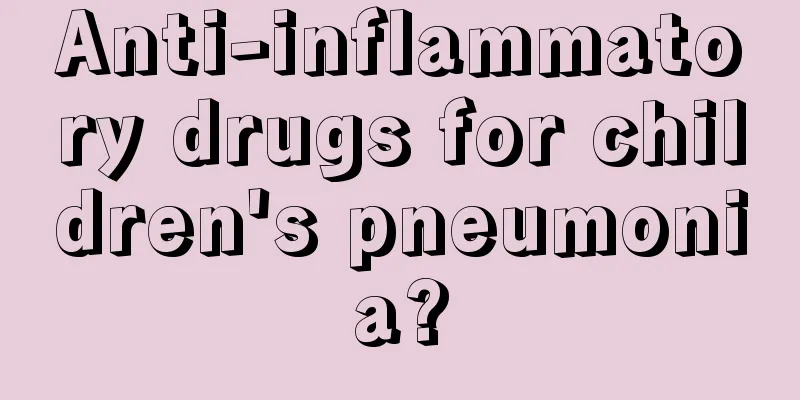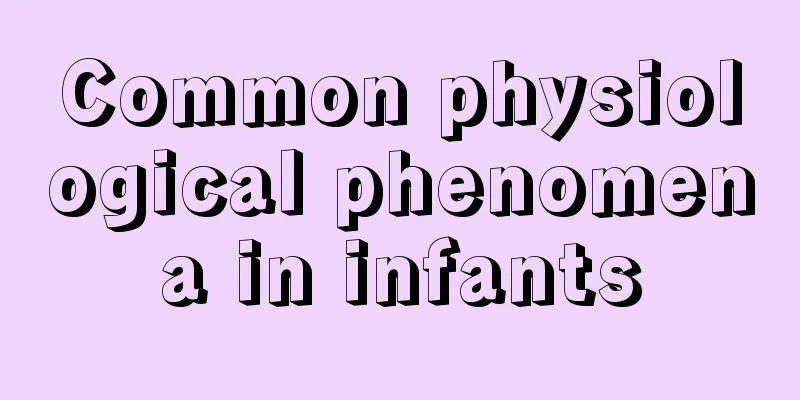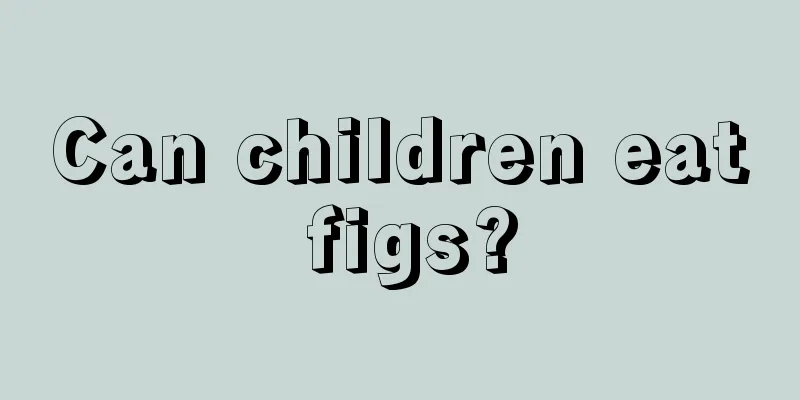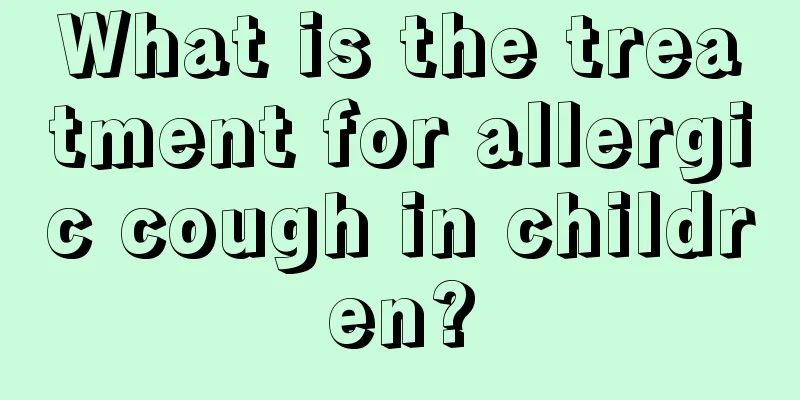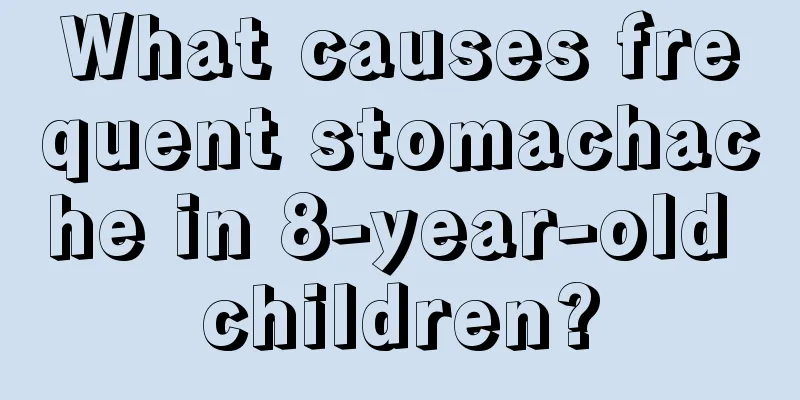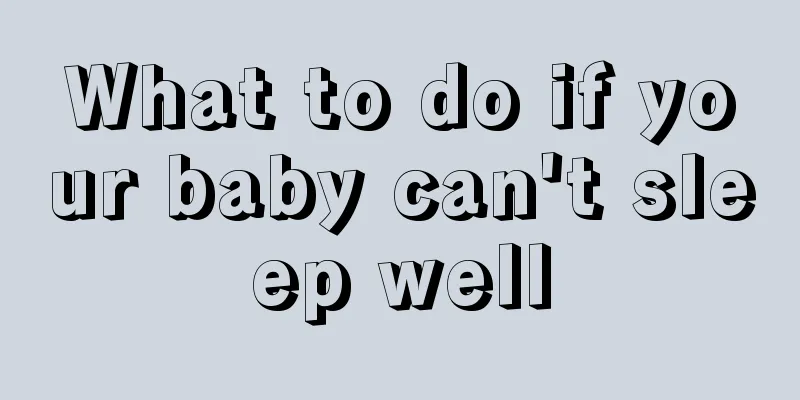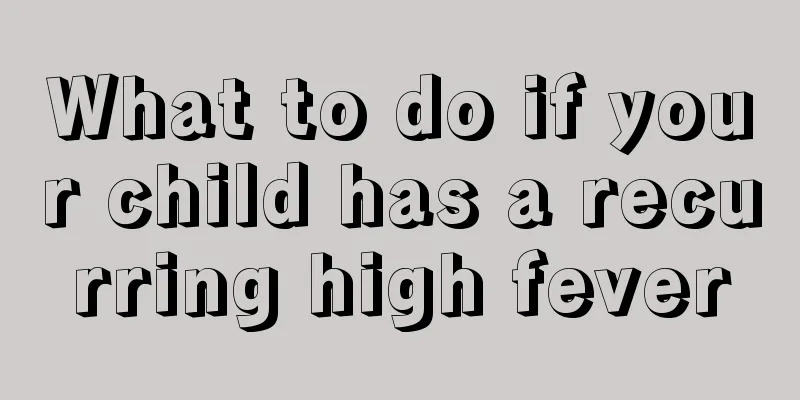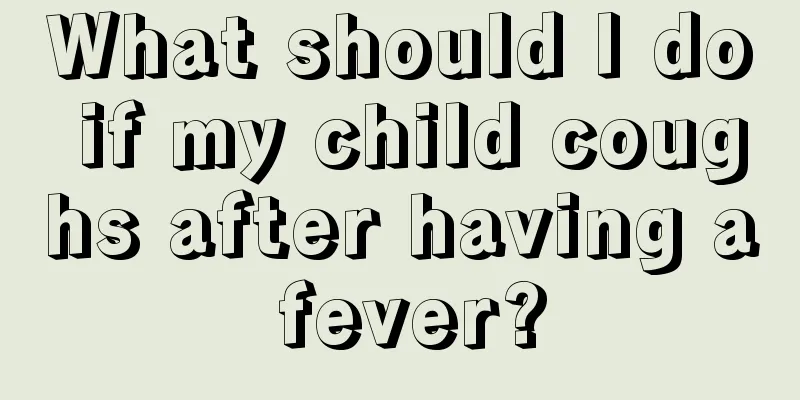Treatment of fever in children
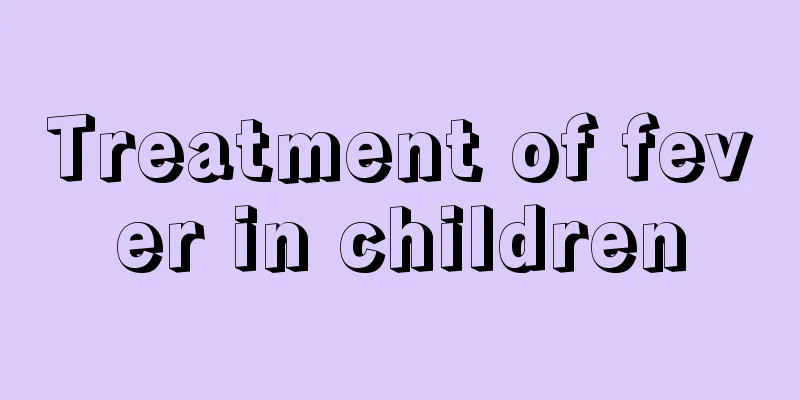
|
It is the common wish of every parent that every child can grow up healthily and happily. However, there will always be some diseases in the process of children's growth, among which fever is the most common phenomenon. However, there are many reasons for fever. Many parents are always particularly worried when their children have a fever, fearing that their children's long-term fever will damage their brains. So when a fever occurs, we must treat it in time and master the method. We cannot take antipyretics blindly. Let's learn about the treatment methods for fever in young children. Treatment of fever in children 1. Treat the primary disease Fever is a manifestation of disease, not an independent disease. Therefore, when treating children's fever, we should not simply focus on reducing the fever, but should actively look for the cause of the fever and treat the primary disease. 2. Antipyretic treatment Children with persistent high fever need appropriate cooling measures to avoid brain cell damage and possible adverse effects due to excessively high body temperature. It is especially necessary to take cooling measures in a timely manner for children with a history of febrile convulsions and children with high fever and extreme irritability. The following situations in children with fever require vigilance or emergency treatment: febrile convulsions; fever in infants under 3 months old; fever lasting more than 5 days; fever > 40°C and cannot be effectively reduced within 2 hours by acetaminophen or ibuprofen; obvious changes in children's behavior: such as not liking to play, loss of appetite, rarely talking, indifference to surrounding things or sudden special behavior that has never appeared before; less urine, indicating dehydration, such as infants wet < 3 diapers a day, or older children have not urinated for 8 to 12 hours. 3. Common cooling measures include: (1) Physical cooling: Warm water bath, ice cubes in a waterproof plastic bag wrapped in a dry towel and applied to the head and neck, and also to the armpits and groin. It is not recommended to use cold water or alcohol for bathing. (2) Drugs for reducing fever include acetaminophen (for children > 3 months old) or ibuprofen (for children > 6 months old), which can be taken orally or rectally. The medicine can be used every 4 to 6 hours. Aspirin should be used with caution in children (it can cause Swiss syndrome). It is generally not recommended to use hormones alone to reduce fever. It is not advisable to use drugs to reduce fever in newborns because their body temperature regulation function is not yet fully developed. (3) Traditional Chinese medicine for cooling down: acupuncture, oral administration, external application or enema of traditional Chinese medicine, and massage. (4) Artificial hibernation therapy is a cooling method that combines drugs (chlorpromazine and promethazine mixed in equal amounts) and physical cooling. Artificial hibernation has a powerful protective inhibitory effect on the central nervous system, which can make the body fall asleep, lower the temperature, reduce the metabolic rate and oxygen consumption. It is mainly suitable for patients with persistent high fever or convulsions caused by severe infection, such as toxic bacterial dysentery, viral encephalitis, purulent meningitis, etc. 4. Other symptomatic supportive treatments (1) Provide a comfortable cooling environment. Place the child in a quiet, cool, well-ventilated environment. The child should wear cool and breathable clothing. Do not cover the child with a blanket to induce sweating. (2) Replenish water and electrolytes in time to maintain smooth bowel and bladder function. (3) Give children nutritious, light, and easily digestible food Children's physical growth and development is relatively fast, so if they get sick, they must master the methods to make timely adjustments. The above is an introduction to the treatment methods for fever in young children. After understanding it, when the child has such symptoms, parents should not panic too much. They must understand the cause of the fever and then prescribe the right medicine. In addition, once the baby's fever exceeds 38.5, he must go to the hospital for medical treatment in time. |
<<: What should I do if my child has a fever and cough recently?
>>: What to do if your child has yellow teeth
Recommend
The best way for kids to lose weight
With the gradual improvement of living standards,...
What causes a child to cough in the middle of the night?
If a young child coughs in the middle of the nigh...
Can 7-month-old babies eat mango?
When the baby is six months old, in addition to d...
How to treat red pimples on children's faces
Children's faces are relatively fragile. When...
What should I do if my baby's forehead is red from a fall?
If your baby's forehead is red from a fall, y...
Why does the baby not want to take the nipple?
Some parents will find that their babies don'...
When can a baby's head stand upright?
We all know that babies are usually held horizont...
What are the effects of high lead levels on children?
There are many trace elements in the human body, ...
Why do children lose their appetite?
Nowadays, many children have similar conditions s...
Why is my baby’s scalp blue?
As the name suggests, the scalp is the skin on ou...
What should I do if my two-month-old baby refuses to eat at night?
Generally, babies will not like to breastfeed whe...
What is the reason for a child to have a mole
Most moles on children are caused by localized pi...
Can the Japanese encephalitis vaccine be delayed?
Japanese encephalitis vaccine is an important met...
What are the benefits of children's protein powder
It is the wish of all parents that their children...
How to correct hunchback in teenagers
Hunchback has a great impact on your physical bea...
